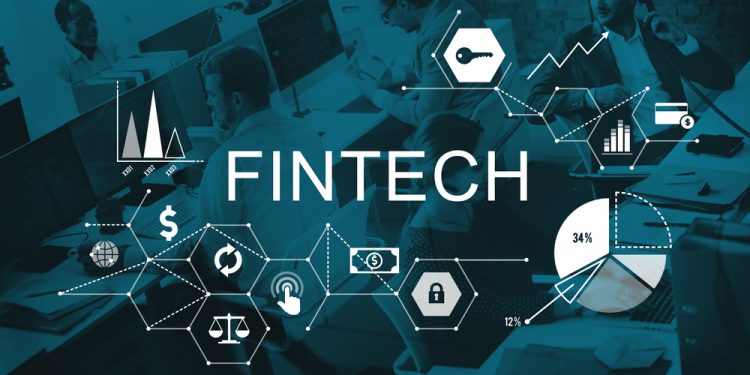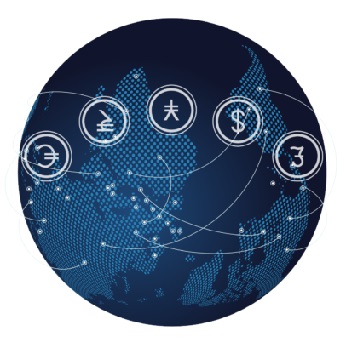Nigeria has cemented its place as Africa’s most active web3 market, with over 80 startups raising a combined $130 million to date—including $20 million already secured in 2024. This surge, driven by stablecoin-powered payment platforms and a young, fast-growing developer base, reflects the country’s rising influence in shaping the future of decentralized digital economies across the continent.
The figures come from the inaugural “Nigeria Web3 Landscape” report by Hashed Emergent, a venture capital firm advancing web3 adoption in Africa and other emerging markets. The report presents a detailed picture of Nigeria’s startup ecosystem, developer activity, user adoption, and the evolving regulatory landscape—based on platform data, interviews, and original research.
In a year marked by global caution in the tech space, Nigeria’s web3 ecosystem stood out for its grassroots resilience and early-stage innovation. Of the $20 million raised in 2024 alone, infrastructure-focused startups accounted for $11 million, while finance startups—which drew just $2 million in 2023—attracted $7 million this year, largely on the back of rising demand for stablecoin-powered cross-border payments.
USDT/NGN has now become the most traded pair on centralized exchanges, and Nigeria recorded nearly $3 billion in stablecoin transfers in the first quarter of 2024 alone. This signals growing mainstream interest in blockchain-based financial tools as practical alternatives to inflation-prone local currencies and restricted banking systems.
The report highlights Nigeria’s web3 ecosystem as being anchored by builders rather than hype. Developer growth remains robust, with Nigeria accounting for 4 percent of all new global web3 developers in 2024—the highest from any African country. Many of these developers are building financial and infrastructure tools that are not just experimental but integrated into everyday use. One standout example involves blockchain-supported point-of-sale systems already deployed across a network serving over 50 million users.
Rather than developing in a silo, blockchain solutions in Nigeria are increasingly being embedded in essential services, offering transparency, speed, and scalability in sectors like payments and logistics.
Despite this progress, the regulatory landscape remains fragmented. The Central Bank of Nigeria (CBN) reversed its 2021 ban on cryptocurrency banking in late 2023, permitting banks to open accounts for licensed Virtual Asset Service Providers (VASPs). Meanwhile, the Securities and Exchange Commission (SEC) has taken charge of regulating digital assets, launching an Accelerated Regulatory Incubation Program (ARIP) to onboard VASPs and issue temporary licenses.
Yet tensions remain. The Nigerian Communications Commission (NCC) recently blocked access to major exchanges like Binance and Coinbase, despite SEC approvals for local players such as Quidax. This disjointed regulatory environment is further complicated by the absence of unified digital asset legislation and overlapping mandates among key agencies like the SEC, CBN, and NDIC.
Key issues persist around the regulation of decentralized finance (DeFi), non-fungible tokens (NFTs), and decentralized autonomous organizations (DAOs). Still, the passage of the Investments and Securities Act 2024, as well as advocacy by industry groups like SiBAN, VASPA, and FintechNGR, suggests that the country is inching toward a more coherent framework.
According to Hashed Emergent, Nigeria’s combination of entrepreneurial resilience, technical talent, and growing institutional interest puts it in a unique position to lead Africa’s integration into the global web3 economy. The firm reaffirmed its commitment to early-stage investments in frontier markets, positioning Nigeria as a key innovation hub for protocol partnerships and blockchain adoption across the continent.
As regulatory clarity improves and developer activity intensifies, Nigeria’s momentum in web3 could catalyze broader digital transformation—not just for itself but for Africa as a whole.










